In my latest blog post I reported of my last contributions to the ongoing EU-funded project TACCLE4 CPD. In the same context I announced the end of my career as an active researcher and my transition to retirement. However, I then realised that I had been asked to write a short overview on the finalisation of my project work for the web page of our institute – Insitut Technik & Bildung (ITB), University of Bremen. I then thought that the best way to complete this task is to write firstly a blog post. In this way I have the chance to revisit firstly the initial idea, then the way that project work was shaped and finally results of the project. Here, it is worthwhile to note that I am not writing on behalf of the whole project but on the specific contributions that focus on the field of vocational education and training (VET).
The project idea and finding the way to work with it in the field of VET
TACCLE4 CPD project was launched as a successor of three earlier TACCLE projects that focused on promoting the digital competences of classroom teachers. The acronym TACCLE stands for “Teachers’ Aids on Creating Content for Learning Environments. The three first projects developed handbooks and online materials to support teachers who were creating contents for e-learning. The aim of the fourth project was to develop strategies and models for continuing professional development (CPD) to promote digital competences of teachers and trainers in different educational sectors.
Whilst the other partners were focusing on general education and adult education, ITB was invited to work with the field of VET. Here the main reference was the involvement of ITB in the co-design of digital tools, multimedia training for vocational trainers and pilot testing of digital tools in the EU-funded Learning Layers project. From this point of view the background of ITB experience and collaboration with practitioners differed from the approach of other partners who focused integrating the use of digital tools to school-based learning.
The above-mentioned contrast became apparent when the founder of the project, Jenny Hughes from Pontydysgu became seriously ill and then passed away during the first year. As Angela Gerrard from Pontydysgu took over the coordination, the project team had to redefine their roles in the project and find their own ways to work in their respective fields. From this point on the work of ITB became a specific sub-project that focused on the field of VET and built upon the work in the Learning Layers project.
The main contributions of ITB to the project
Consequently, the contributions of ITB have been special reports that link the issue of promoting digital competences to contexts of vocational and work process-oriented learning. From this perspective the reports have addressed the following themes, challenges and working perspectives:
- The report on Policy analyses made transparent specific governance models in the field of VET (federal structures, stakeholder involvement) and the role of national local and sectoral innovation partnerships;
- The examination of Prior and parallel innovation projects gave insights into different innovative approaches in school-based education and in vocational learning contexts;
- The report on Open Educational Resources (OER) in the field of VET gave insights into specific cases in which OER had been used in vocational learning arrangements;
- The research report on Strategies and Training concepts for promoting digital competences builds upon the previos reports. It makes distinctions between school-based and work process-oriented approaches, dicusses overarching frameworks and outlines different innovation paths.
- The framework “Theme Room Training 2020” builds upon the research report. It revisits the experiences of training with theme rooms in the Learning Layers project. It then outlines a new set of thematic blocks in the light of the research report (e.g. the innovation paths) and other contributions (e.g. the planning tool “TACCLE Routemap”).
- The report on Civic learning and new uses of digital toolsets complements the picture with newer developments. Firstly it informs of training initiatives that focus on artificial intelligence (AI). Secondly, it informs of new ways of using the Learning Toolbox (LTB) as support for self-organised learning and for online conferences during the coroca-crisis.
The final activities and results – Multiplier Event and the TACCLE4 CPD Showcase
In the final phase ITB organised a Multiplier event in the training centre Bau-ABC Rostrup – a former partner of the Learning Layers project. The event was based on a short resume of the work of the TACCLE4 CPD project and on the experiences of Bau-ABC trainers on the use of the Learning Toolbox (LTB) as support for training. Also, the experiences with training in theme rooms and the prospect of relaunching a new round of such training was discussed. The work with and in the multiplier event has been documented in and activity report.
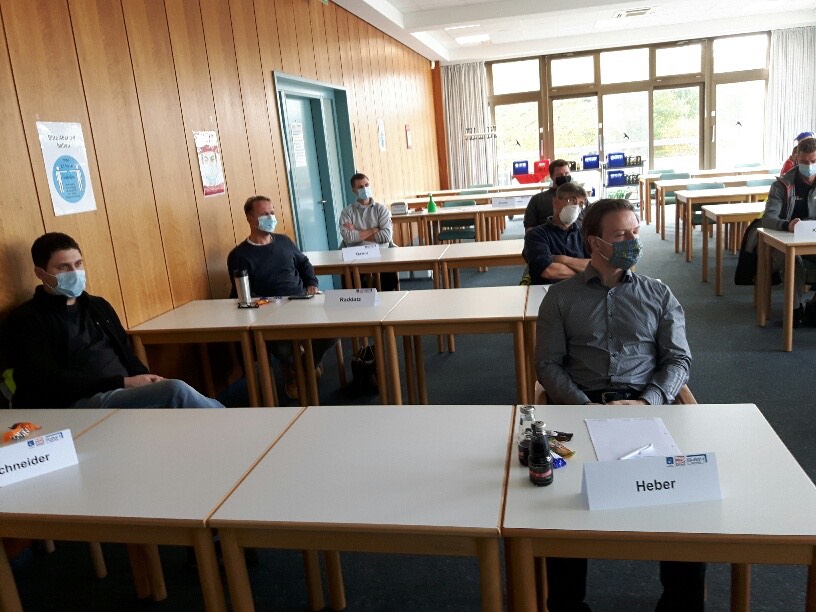
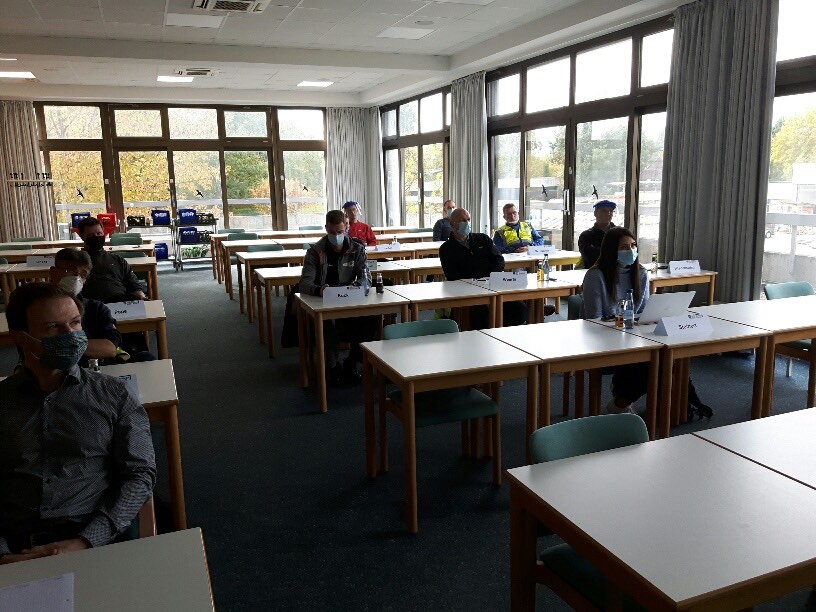
In this context ITB presented the TACCLE4 CPD Showcase – a digital resource environment that presents the work of the project as a collection of several LTB-stacks. In this way the showcase provides a comprehensive overview and an easy access to the digital resources that have been produced and used in the project. The showcase has also been introduced in a special report for the project.
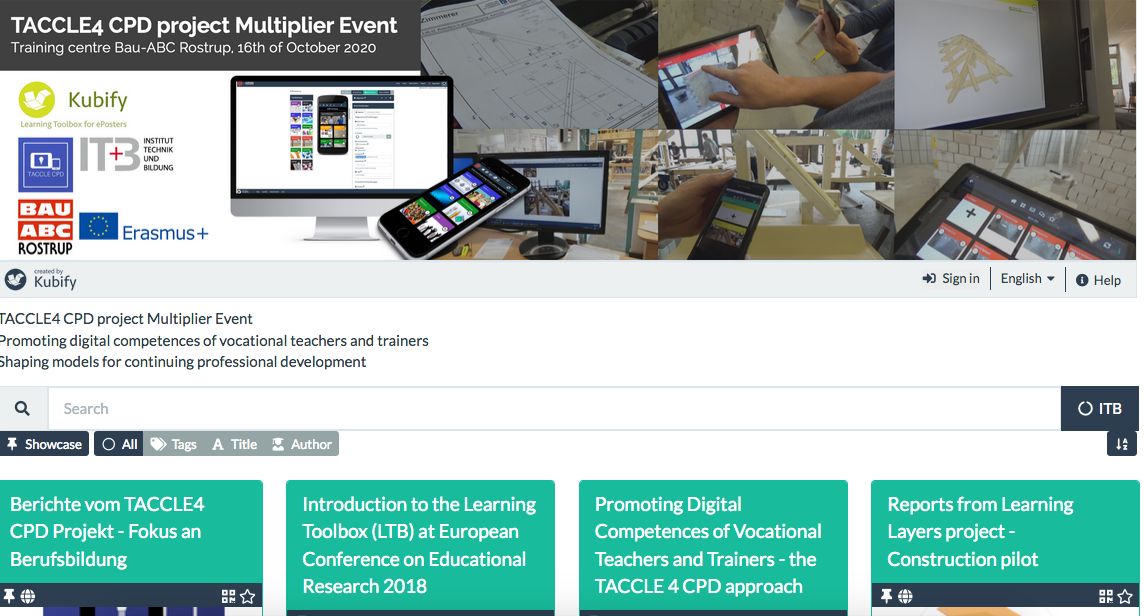
—
I think this is enough of reporting of the work that has been completed in the TACCLE4 CPD project. From now on I need to move on to a phase of reflecting on lessons learned – in this project and throughout my career as researcher. That is a different exercise.
More blogs to come (but from a different perspective) …
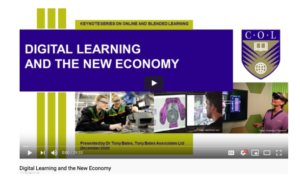 es has released a series of five 40-50 minute keynotes which an be downloaded without cost from the Commonwealth of Learning’s online institutional repository for learning resources and publications, OAsis, under a Creative Commons license. The subjects of the keynotes are:
es has released a series of five 40-50 minute keynotes which an be downloaded without cost from the Commonwealth of Learning’s online institutional repository for learning resources and publications, OAsis, under a Creative Commons license. The subjects of the keynotes are:




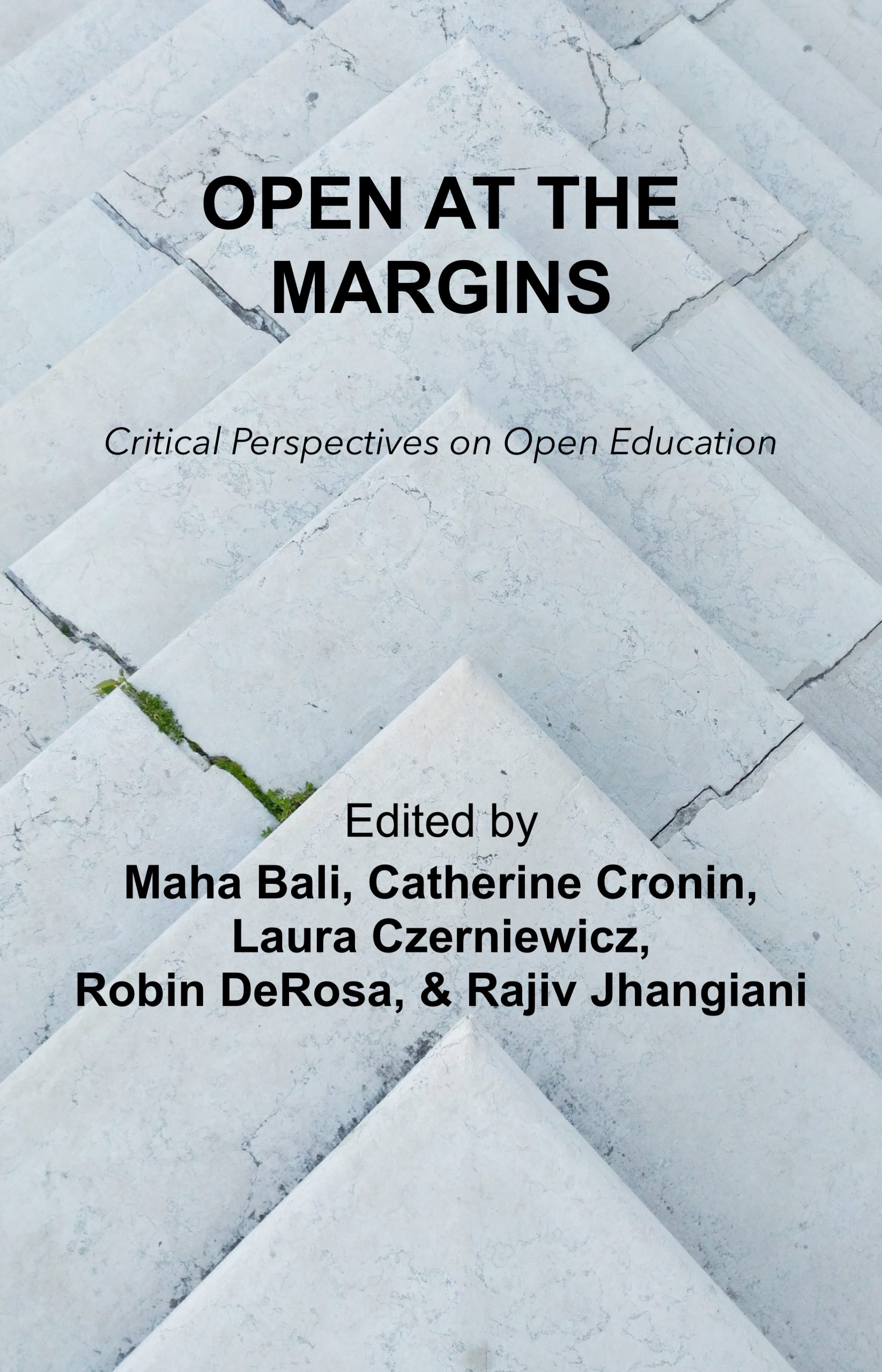 sponsored by the European Commission to promote firstly open source software and subsequently open educational resources. And since then, some fifteen or so years ago we have published everything under a Creative Commons license. And slowly over the years the debate has shifted, over the past years looking at the meaning of open education practices.
sponsored by the European Commission to promote firstly open source software and subsequently open educational resources. And since then, some fifteen or so years ago we have published everything under a Creative Commons license. And slowly over the years the debate has shifted, over the past years looking at the meaning of open education practices.
